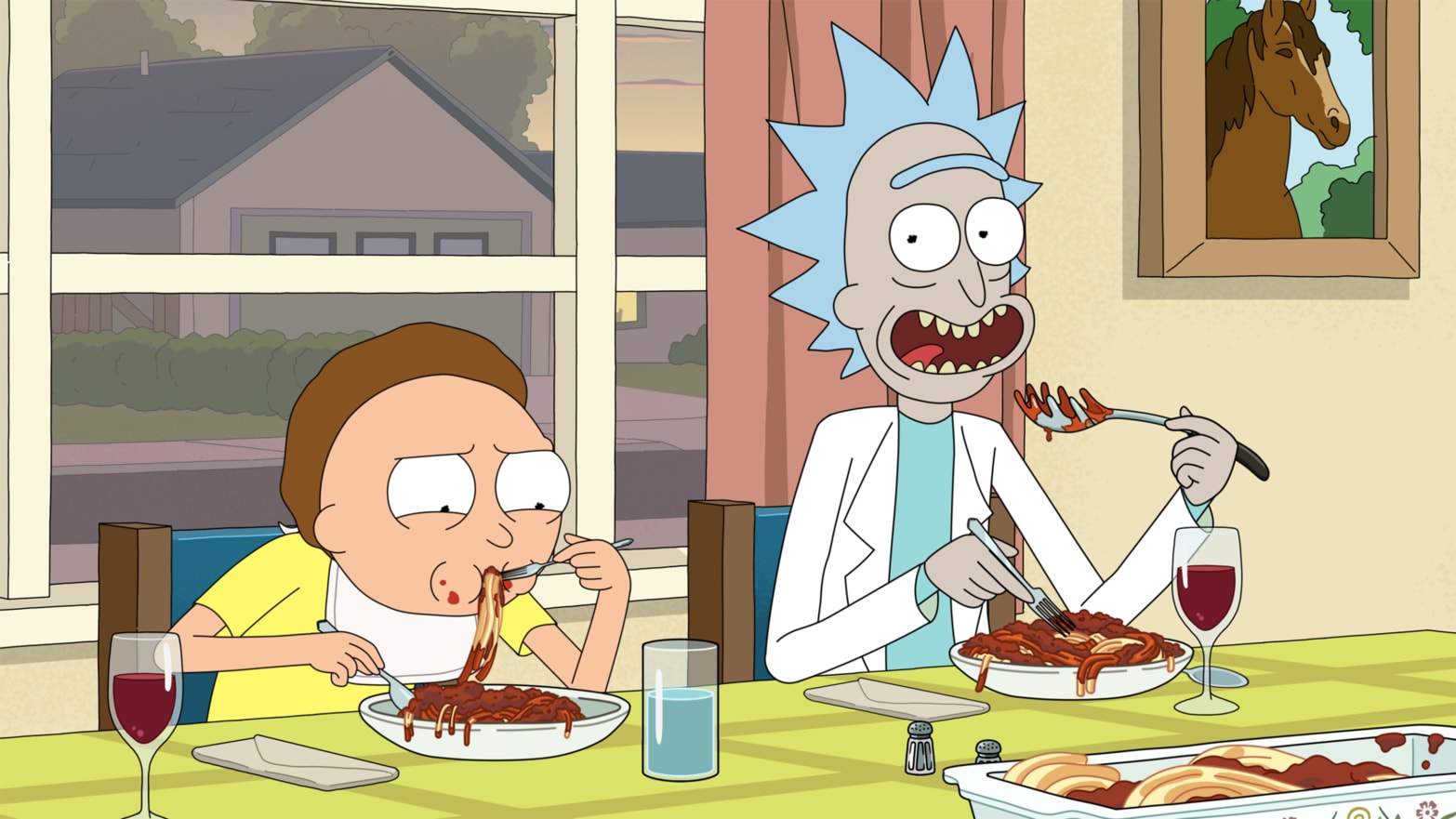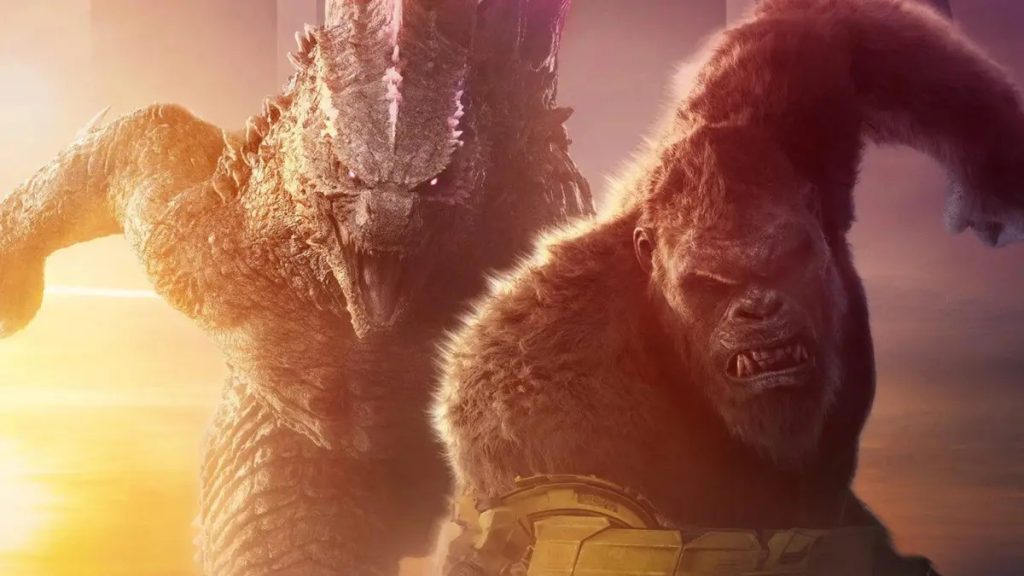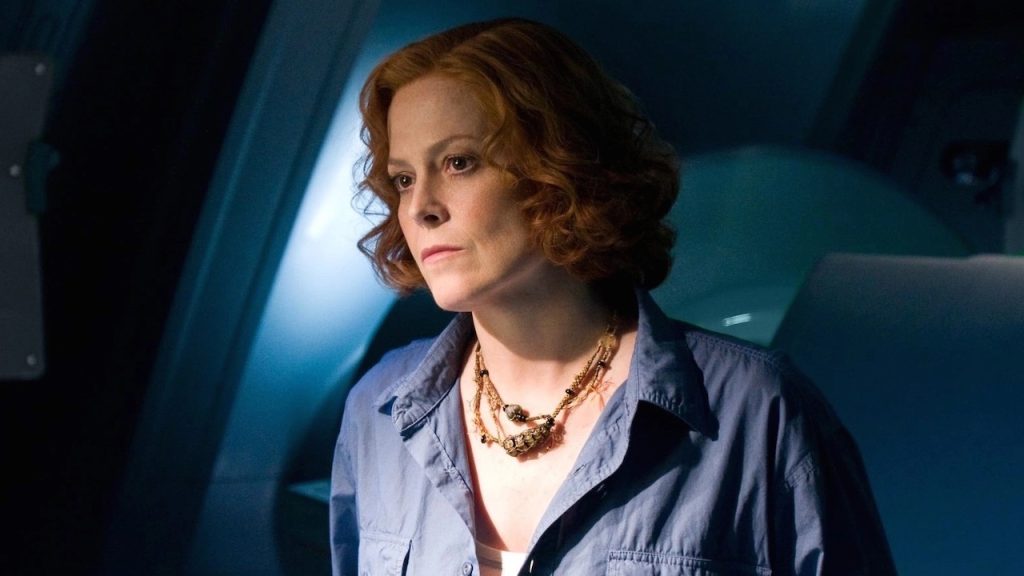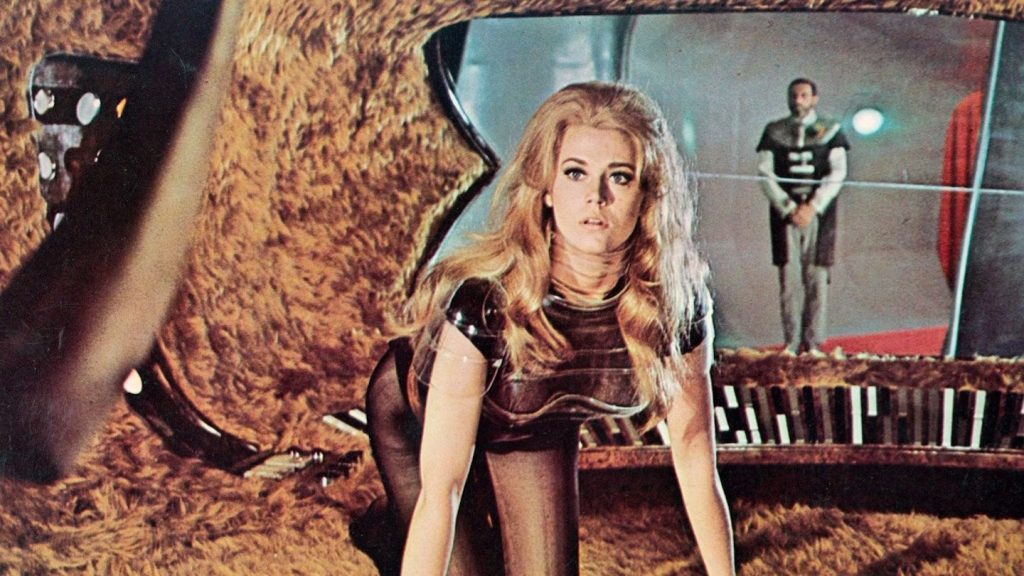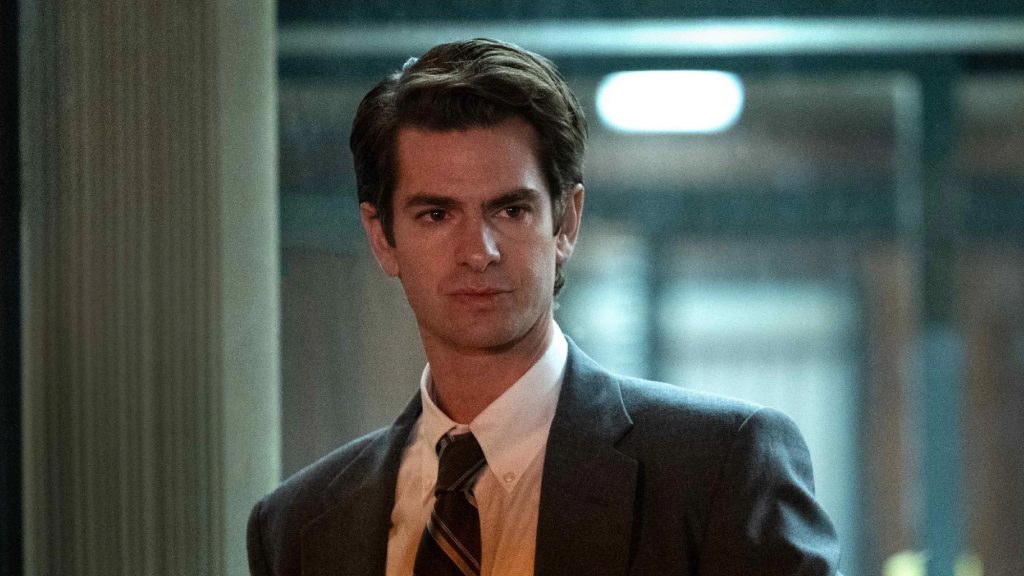Uh oh, spaghetti-ohs! Even for Rick and Morty, this episode is off-putting and straight-up bonkers. When Morty discovers that Rick’s family dinner special, a mmmm-worthy spaghetti, is harvested from the bodies of a human-like species of suicide victims, the duo visits their planet to make amends. Already we’re off the rails when the planet’s leader decides to capitalise on the population’s suicidal percentage by selling spaghetti to every planet. Of course, supply doesn’t meet demand, and depressing, unethical, anti-capitalist antics ensue.
That’s Amorte is easily the best episode of the season yet. Harry Belden as Morty comes into his role by bringing back the iconic anxiety that’s been missing from the last couple of seasons without sacrificing growth. The character-based jokes hit well, such as when Rick hypes up an existentially horrific experiment he’s created that Morty shouts “Aw geez!” in despair at, only for Rick to reveal he never actually created the experiment in the first place because he knew his grandson “would take issue.” The episode can get powerful in its techniques too, such as when unveiling a nihilistic assembly line set to a chaotic score reminiscent of Pee Wee’s Big Adventure. There’s so much to love here, especially in comparison to the desperate and frankly bland and unoriginal ideas in the first trio of stories this season. But it is… well, weird, for lack of a better word.
First there’s Rick, who seems to not only be doing well, but, oddly, doing good. As always, there are loopholes to his goodness where he can escape by insisting upon his selfish motivations, but the main character of the show has truly mellowed out a lot in the past couple of seasons. There (will be, but) shouldn’t be any complaints yet, as it has only brought a useful life to the show’s storylines so far. However, if the trend continues at this speed, he truly will have become the 22% more agreeable robot the last season temporarily replaced him with, which would leave our main duo too aligned overall to hash out the conflicts that made them. Coupled with the ever-so-slight change in voice, the growth adds to an overall feeling this episode has that’s just different from those before it.
It’s not that it’s dark; Rick and Morty has always delighted in the dark. It’s grey, systematic, and, in a rare moment of sobriety, concerned with making a societal point. Unfortunately, that point has been made before in the show in even better, more complex episodes (see The Ricklantis Mixup), and this doesn’t seem to have much to innovate on it. The episode’s main writer, Heather Anne Campbell, even did something slightly similar with the fortune cookie-obsessed Final DeSmithation, which focused on large corporations’ control of destiny. Social satire is certainly an ingredient of the show’s green portal soup, but the show’s strongish advocation for individualistic rebellion against unfair systems coupled with its final “don’t think about how the sausage gets made” ending is both counterproductive and very fresh. It represents a new sauce that, good or bad, could dictate direction to a series which, due to a notable absence, is hanging by a single starchy strand.

RICK AND MORTY: SEASON 7 airs weekly on E4 and is available to stream on Channel 4

